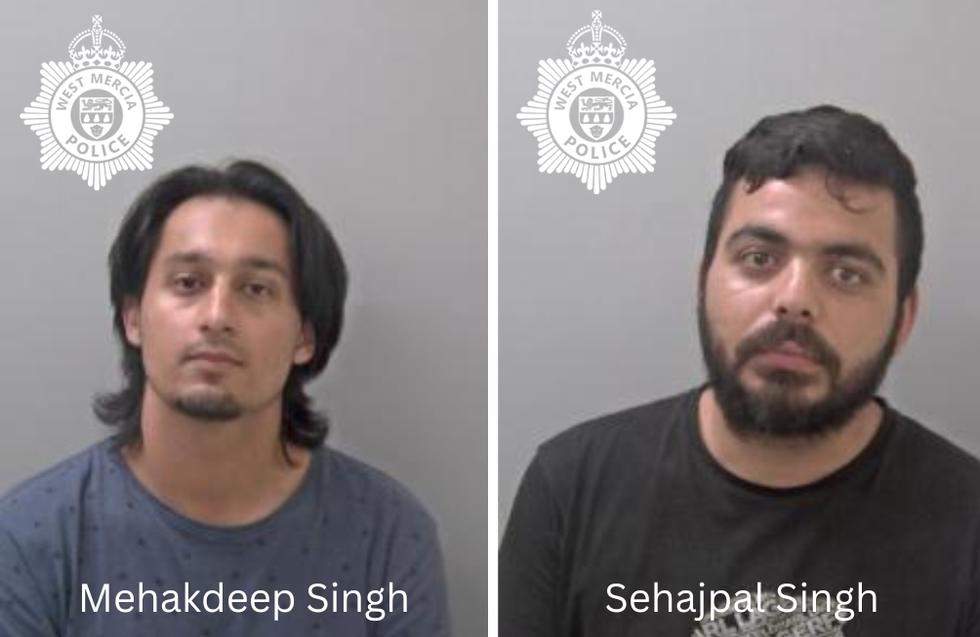THE FAMILIES of the Nottingham attacks victims have called for the doctors responsible for Valdo Calocane’s treatment to be named and held accountable.
Their demand follows the release of a report on his mental health treatment before the June 2023 attacks.
At a press conference on Wednesday, the families of Grace O’Malley-Kumar, Barnaby Webber, and Ian Coates criticised what they described as "poor leadership and bad decision-making."
Grace’s father, Sanjoy Kumar, a GP, said the report failed to identify individuals responsible for Calocane’s treatment. He stated that despite being sectioned four times, Calocane’s treatment was not adjusted, and public safety was not prioritised.
Grace’s mother, Sinead O’Malley, said accountability at an individual level was essential. She questioned whether those involved in his care would have made the same decisions if he were to live near their children.
Calocane, diagnosed with paranoid schizophrenia, was sentenced to an indefinite hospital order after killing three people and attempting to kill three others on 13 June 2023, reported The Guardian.
The families are set to meet government ministers next week to discuss a public inquiry into the attacks and Calocane’s treatment, which was promised by Keir Starmer before the last general election. Discussions will focus on the inquiry’s format, scope, and chairperson.
Emma Webber, Barnaby’s mother, told The Guardian she wanted a statutory inquiry with the power to compel individuals and organisations to give evidence. She emphasised that their demand was not about revenge but accountability.
Ian Coates’ son, James, who lives in Nottingham, expressed concerns about ongoing failures in the mental health system. He said individuals responsible for risk assessments were still not being held accountable.
The independent report found Calocane was not given long-lasting anti-psychotic medication during hospitalisation because he did not like needles, despite being known to stop taking his medication when discharged.
It also noted 15 other cases of “extremely serious” violence, including three fatalities, involving Nottinghamshire Healthcare NHS Foundation Trust patients between 2019 and 2023.
Solicitor Neil Hudgell, representing the families, said Calocane was not “treatment-resistant” but rather “resisted treatment.”
Nottinghamshire Healthcare NHS Foundation Trust chief executive Ifti Majid apologised for missed opportunities in Calocane’s care and stated that improvements were being made in risk assessment and discharge processes.






 An aerial view of the British Steel Scunthorpe site on September 13, 2024. (Photo: Getty Images)
An aerial view of the British Steel Scunthorpe site on September 13, 2024. (Photo: Getty Images)










 Mehakdeep Singh,Sehajpal Singh
Mehakdeep Singh,Sehajpal Singh


 FILE PHOTO: A general view shows British Steel's Scunthorpe plant, in Scunthorpe, northern England, Britain, March 31, 2025. REUTERS/Dominic Lipinski
FILE PHOTO: A general view shows British Steel's Scunthorpe plant, in Scunthorpe, northern England, Britain, March 31, 2025. REUTERS/Dominic Lipinski